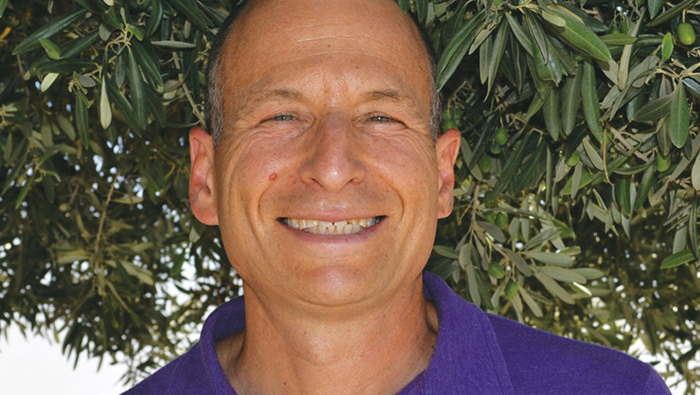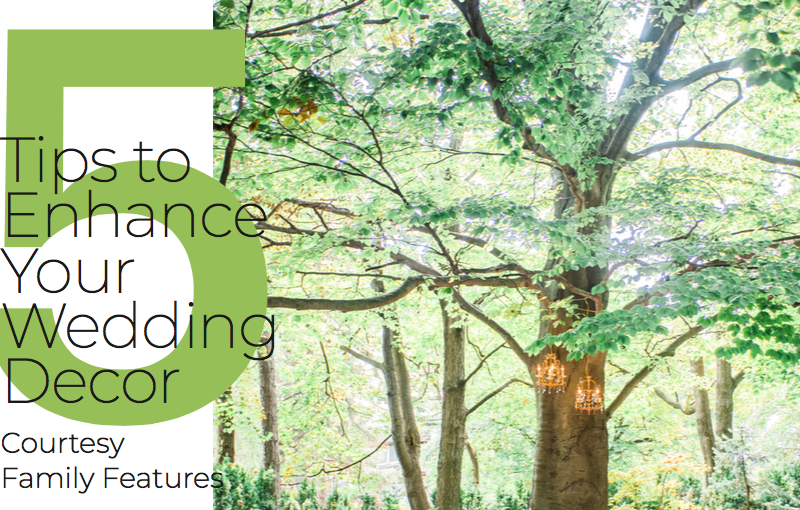Very few American Jews marry before they finish college. And even high school sweethearts are usually prepared to wait – or are convinced by their parents to do so – until they turn 21.
In Israel, with university coming after a lengthy post-high school period (including army service, travel, making up for screw-ups in high school, and then studying for and taking the university entrance examination), a matriculating bachelor’s student is typically in his or her mid- to late 20s. Obviously, teenagers aren’t going to be expected to wait that long, and this is especially true in the modern religious community, with very conservative sexual mores the ideal. Whereas in America the Jews getting married at 21 or younger are typically ultra-Orthodox, here in Israel if a modern religious couple is in love by their late teens, you can’t exactly tell them to wait until they finish college.
Not all couples who marry young have known each other for very long. Because modern religious culture is accepting of early marriages, a pair of 19-year-olds who both feel ready to take the plunge might reach this decision after having known each other for just a few months. Often what binds the pair is their religious commitment and not necessarily a sense that they are each other’s beshert. As long as this religious commitment remains in place (and for most people it does), these marriages are successful. This being the case, I suggested to my friend and rabbi, Lior Engelman, who himself married at 19 when his wife was 18, that perhaps the modern religious community should adopt a system of arranged marriages just like the ultra-Orthodox. Such a system would solve a growing problem for the modern religious: Alongside those who marry young are those who find themselves single as they approach – and sometimes pass – the age of 30. Rabbi Lior said that not every young person is ready for the demands of married life, which often need to be juggled with parenthood (the sector’s conservatism extends to birth control), army service, work and university studies. So there went that idea.
Coincidentally, a few days after my conversation with Rabbi Lior, my former study partner, a Karlin-Stolin Hassid, closed the deal on a shiduch (match) for his 18-year-old son. Before the arrangement was finalized, his son met with the girl twice (the “extra” second meeting was held at the young woman’s request – apparently at the first meeting the boy hardly uttered a word). At the l’chaim held to toast the couple, the new chattan (groom) was asked if he was worried. He said “no” because he does whatever his mother tells him to do. He did, however, ask to be reminded of the bride’s name.
Sarah and I have five marriageable children, ranging in age from 21 to 28. Precisely because the modern religious community tends to live within (rather than apart from) contemporary Israeli society, my kids wish to experience the touchstones of Israeli youth in the normative way – as single people. It’s not normative to be married during one’s army service, nor is it normative to be married while one goes on a post-army trip abroad. The interesting thing is that those of my kids who have “delayed” marriage have not done so because they want to “play the field.” They just didn’t want to be married at the age of 20. However, now that our oldest is in his late 20s, I think it’s important for someone to tell my children: Don’t overdo it.






